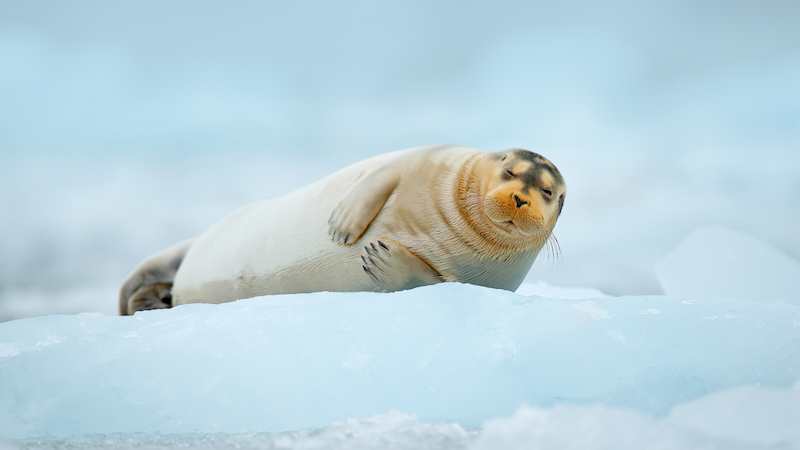Climate change is destroying nature and must be stopped – but we should also ensure climate action helps not hinders nature
Grethel Aguilar is the Director General of the International Union for Conservation of Nature (IUCN)
Climate change is not just a crisis of rising temperatures—it is a crisis for humanity and nature alike. By failing to act on climate change, states are gravely undermining the human rights of vulnerable communities.
But apart from the devastating direct impacts, climate change also threatens nature, and consequently also the services that nature provides people with. Climate and nature are deeply interlinked, and these links cannot be overlooked in global action to address the climate crisis.
Today, we represented IUCN and we backed numerous other experts and organisations in arguing before the International Court of Justice in The Hague that countries have a binding legal responsibility to fight climate change. But uniquely, as the global authority on the state of nature, we also highlighted the impacts of climate change on the natural world – and the need to consider nature in climate action.
The climate crisis is also a biodiversity crisis. Climate change alters ecosystems in a myriad of ways, and at the same time the loss of nature is fuelling the extent and impact of climate change globally. One cannot be addressed successfully without the other.
As ecosystems shift and species are pushed to extremes, the natural world—on which we all depend—is under immense pressure. Yet, hope lies in recognizing the deep interconnection between nature and climate action. By restoring forests, protecting coral reefs, safeguarding soil health, and conserving vital habitats, we not only protect biodiversity but also strengthen nature’s ability to buffer us against climate impacts.
Big emitters accused of hiding behind climate treaties in international hearing
Today, we used our unique expertise to tell the court that nations need to take responsibility for climate change – but this cannot be realised if nature is overlooked.
As others like Vanuatu have argued, in failing to act on climate, states are undermining the human rights of vulnerable communities – particularly the right to life, health, housing and culture. By failing to reign in climate change, states are also undermining nature’s ability to provide communities with food, fisheries, productive farmland, and other services – impacting lives and livelihoods.
For millions—herders, farmers, fishers, and Indigenous peoples—nature is more than a resource; it is a lifeline. They will suffer the most from our inaction. Climate change is already affecting nature, and the impacts are escalating. For example, climate change and severe weather are a threat to 7,412 species (16%) on the IUCN Red List, including 19% of freshwater fishes and 44% of reef-building corals – two species groups that are integral to the lives of millions across the world.
Similarly, degraded land impacts 3.2 billion people, leaving communities more vulnerable to droughts that are increasing in severity and frequen
Read More

